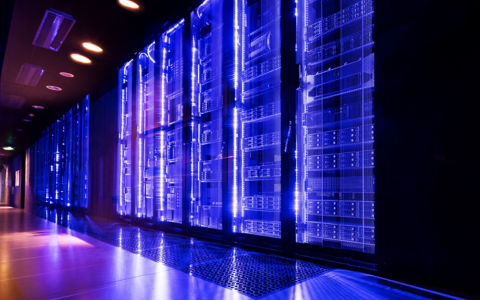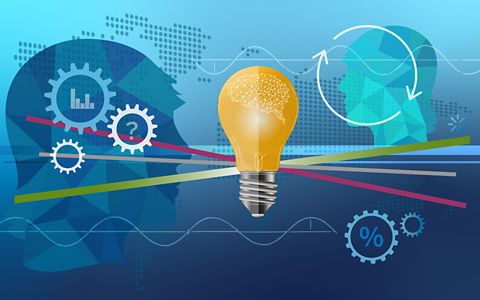Emerging protocols
For example, San Francisco-based Anthropic’s Model Context Protocol (MCP) marks a pivotal step forward, enhancing decision making and autonomy in AI applications, making them more reliable and versatile. Google also recently introduced its new A2A protocol, which standardizes interoperability across frameworks and vendors. A2A fosters a dynamic ecosystem in which AI agents securely exchange information and coordinate actions, enhancing productivity and creativity.
While protocols like HTTP, TCP, and POP3 are established communication protocols, standardization has allowed significant infrastructure to be built around them. We believe the world is at a Cambrian moment that will see new protocols unleash seismic shifts in infrastructure build. According to Grand View Research, the AI platform market is poised to hit US$1.8 trillion by 2030, growing at a compound annual growth rate (CAGR) of 35.9%. Generative AI, a key driver of this expansion, is projected to have a CAGR of nearly 50% over the same period.1 Amidst the market expansion in large language model (LLM) technology, the autonomy is likely to define the next phase of AI advancements.


























